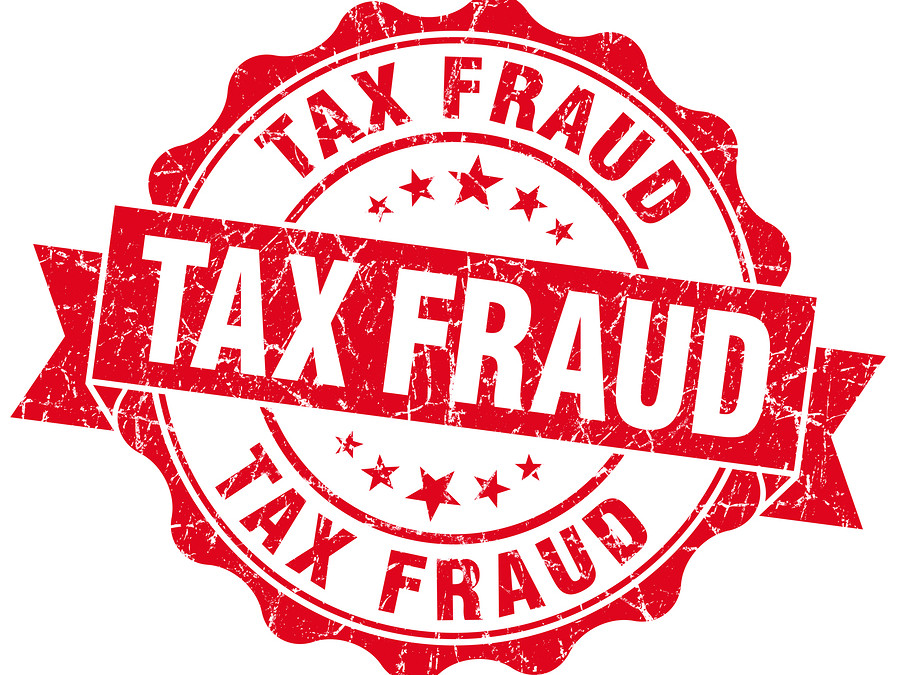I hate money scams and I equally hate hearing when someone’s become a victim of one. That’s why when scammers are taken down, we must celebrate.
Arrests made in $6-billion cyber money-laundering case
According to this report on CNN Money, Spanish law enforcement arrested a man by the name of Arthur Budovsky, founder of a Costa Rican based online money laundering company called Liberty Reserve.
The issue? Liberty Reserve allowed its customers to set up shell companies and fake profiles to conduct transactions. Because of the anonymity, Liberty Reserve “became a popular hub for fraudsters, hackers and traffickers,” said one of the sources quoted in the article.
This is one of those scams that are hard to detect…
The company looks legitimate and so, too, do the people who either own or manage the company. But there are always clues that companies or the people that run them are scams.
- Try to get independent referrals about a particular business. Alot of businesses will have customer testimonials on their websites. I recommend contacting the customers directly, or, use your network to locate someone who has dealt with the person or company and can give you their independent opinion.
- Plug in the company name into a search engine and see what comes back. Every business will have one or two not-so-nice reviews about a company, but one that has the word “scam” or “con artist” associated with its name is one to stay away from.
- Find out if the company is registered with your state or province’s business affairs office. This isn’t always a sure-fire way to protect yourself, but it helps. If a company is registered in your state or province, then you’ll have a place to turn to if you need to file a complaint.
- Use a credit card with a low credit balance when making purchases online. Never send cash, money orders or wire transfers to purchase items online. Use a credit card for online purchases since many protect you against fraud and use one that has a low balance.
- Run if someone is promising a return on investment that seems too good to be true. I recently blogged about a pastor who was arrested for running a scam within his church. He promised an 80% return in 12-months on a $10,000 investment. This is completely unrealistic. Be mindful of anyone that promises that you can “make thousands in your sleep,” “earn 6-figures or more with just one email,” “live your lifestyle business on just 1-hour a day.”
What other tips would you suggest to help avoid doing business with scam companies? Enter your tips below.


0 Comments